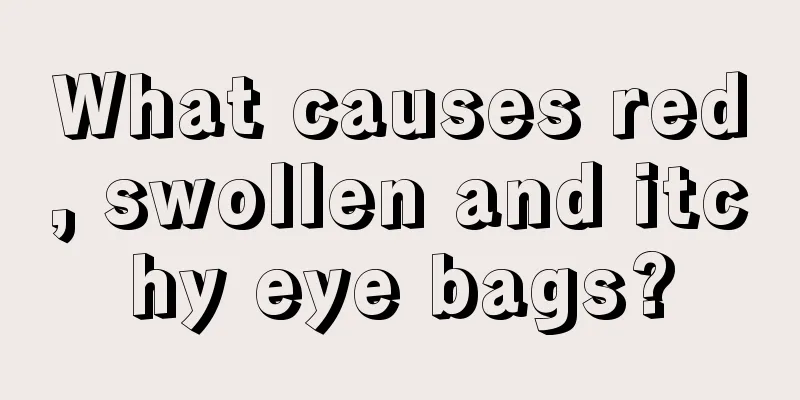What is hypertensive fundus lesions and how to treat them

|
Hypertensive retinopathy is relatively rare, and is mainly caused by cardiovascular disease directly causing this type of eye disease in hypertensive patients. The blood vessels in the human arteries that connect to the eyes are located at the fundus, so by observing the environment of the eyes, it is possible to determine whether the patient has hypertensive fundus lesions, and thus determine the treatment method for this disease. 1. What is hypertensive fundus lesions? About 70% of patients with hypertension have fundus changes. Fundus changes have nothing to do with gender, but are closely related to the patient's age. In hypertensive patients with a chronic clinical course, fundus changes are positively correlated with the duration of the disease. The degree of blood pressure increase is basically parallel to the changes in the fundus, and the effect of increased diastolic blood pressure on fundus lesions is more significant. The refractive state of the eye has a certain influence on the changes in the fundus of hypertension. Hyperopia is higher than emmetropia, while myopia is lower than emmetropia. Treatment options for hypertensive retinopathy 1. Identify the cause and eliminate it as soon as possible. 2. For patients with primary hypertension, if their blood pressure suddenly rises sharply, it is best to allow the diastolic blood pressure to drop slowly and steadily. A sharp drop in blood pressure may cause organ ischemia. Because the small arteries of patients with long-term hypertension have become partially or completely fibrotic, the blood vessel walls have a high tolerance to blood pressure and have lost a certain degree of elasticity and contractility. Only under a certain high systolic pressure can the peripheral circulation of the organs be maintained. If blood pressure suddenly drops too much, there will be insufficient blood supply to the extremities, causing blockage of organ blood vessels. 3. Pay attention to your diet and limit your salt intake. 4. Take symptomatic treatment for the eyes, such as promoting blood circulation and removing blood stasis to promote the absorption of exudation and bleeding, and taking vitamins C, E and rutin orally. |
<<: Symptoms and diagnosis of retinal neuropathy
>>: What to do with postpartum eye pain? Six tips to relieve it
Recommend
How to care after colon cancer surgery
When colon cancer occurs, don't be careless. ...
Why do we need to do B-ultrasound for gastritis
Gastritis is not unfamiliar to many people. It is...
Beware! These 6 types of children must not be beaten
Some parents always like to beat their children w...
The dangers of eye twitching
The eyes are the windows to the soul. The eyes sh...
What is the reason for cold sweats?
Cold is a very common disease, especially people ...
There is a vertical line in the middle of the forehead
In human physiognomy, the forehead represents int...
What causes itchy blisters on the skin?
Many people feel inexplicably itchy on their bodi...
How to enlarge breasts healthily
Nowadays, many female friends have higher and hig...
How to correct sagging upper face by yourself
Nowadays, many young people do not develop good l...
How to deal with a burn on your arm
Regardless of what substance causes the burn, eve...
What causes acute pneumonia?
Acute pneumonia is actually an infectious disease...
What to do if pharyngitis hurts so much
Salt is a common disease in people's daily li...
What are the signs of death in the late stage of bladder cancer
Bladder cancer is a common malignant tumor in the...
What kind of disease is endometrial cancer
What kind of disease is endometrial cancer? The o...
Will there be abnormal liver function in the early stage of liver cancer?
Liver cancer may not directly cause abnormal live...









